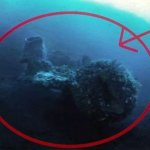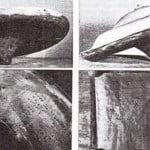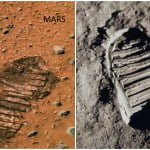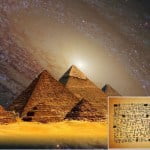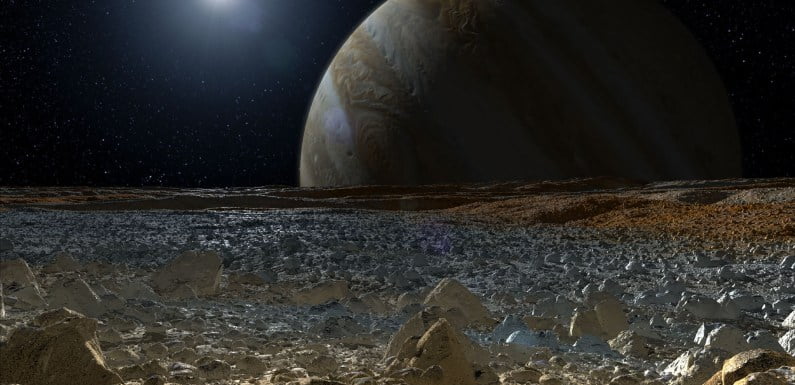
Jupiter has 67 moons; however, one of its biggest natural satellites underwent a great study by NASA. They believe the moon Europa has an ocean under its icy coat, pretty similar to the oceans on Earth and perhaps it’s holding life forms.
In the newest study of NASA, the found that the chemical composition of the salty ocean on Europa could be pretty much identical to the ocean of Earth.
Стремянка МИ фиберглассовая 5ст. Купить фиберглассовую Стремянку 100tachek.ru.
“We’re studying an alien ocean using methods developed to understand the movement of energy and nutrients in Earth’s own systems.”
“The cycling of oxygen and hydrogen in Europa’s ocean will be a major driver for Europa’s ocean chemistry and any life there, just as it is on Earth,” said Steve Vance, leader of the study at NASA’s Jet Propulsion Laboratory.
Experts built a figure which depicts the hydrogen and oxygen levels on the Jupiter’s moon, without the volcanic movement.
Their conclusion revealed that Europa probably generates 10 times more oxygen than hydrogen, just like Earth does. And hydrogen emerges when ocean water reacts with the moon’s rock surface.
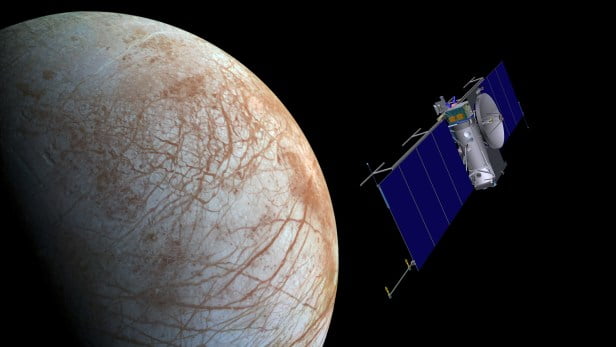
The study lead concept was that the crust of Europa has been gradually frosting. Thus, it created more hydrogen while the radiation from Jupiter split water molecules into hydrogen and oxygen.
When this oxygen encounters units from the ocean water, including the hydrogen, it is salvaged on the moon’s core.
“The oxidants from the ice are like the positive terminal of a battery, and the chemicals from the seafloor, called reductants, are like the negative terminal. Whether or not life and biological processes complete the circuit is part of what motivates our exploration of Europa,” said Kevin Hand, a planetary scientist at JPL and co-author of the study.
Vance said that researchers have previously thought that volcanism is eminent for building a livable place in the Europa’s ocean.
It’s also possible this kind of movement not to happen in the rocky core. In that case, the large alteration of oxidants from the surface will convert the ocean into a toxic living environment.
However, Vance added that if the rock is cool, it becomes easier to break. Hence, it provides a vast amount of hydrogen which shows up with serpentinization. This hydrogen will neutralize the oxidants at a rate similar to the oceans on Earth.
These revolutionary discoveries are only relying on theoretical models of the moon. However, NASA intends to send a craft to visit Europa to conduct a firsthand research.
This will probably lead to a discovery whether the moon on Jupiter is capable of holding life.



